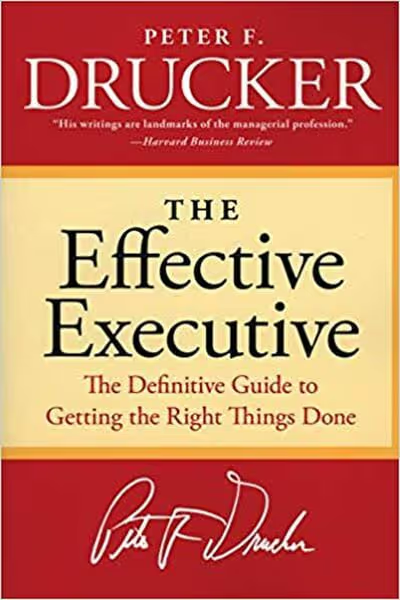Dangerously Sleepy
Workers in the United States are experiencing sleep deprivation. In today's global economy, an increasing number of workers have multiple jobs, frequently at the same time, with variable hours. Even before the advent of the 24-hour workplace, the relationship between sleep and industry was thorny: sleep is typically portrayed as a liability or a flaw, while perpetual productivity and flexibility are lauded at the price of health and safety.
Dangerously Sleepy is the first book to follow the long-standing link between overwork and sleep deprivation from the nineteenth century to now. Alan Derickson, a health and labor historian, examines the cultural and political dynamics that have led to the overvaluation of wakefulness in the United States, as well as its masculinization. Steelworkers dealt with rotating shifts, Pullman porters dealt with ever-changing timetables and constant on-call status, and long-haul truckers contended with the chaos of life on the road since the eighteenth century. The dangers of weariness, on the other hand, were ignored and even glamorized when popular personalities like Thomas Edison and Donald Trump pushed American males to ignore biological needs in the sake of achievement. Resisting sleep became a test of manly strength for employees.
This clear history of the wakeful work ethic implies that for millions of Americans, inflexible work schedules have been the primary cause of sleep loss, novel diseases like shift work sleep disorder, and accompanying morbidity and death. Dangerously Sleepy provides historical background for these public health issues.






















































